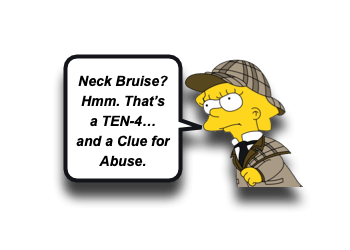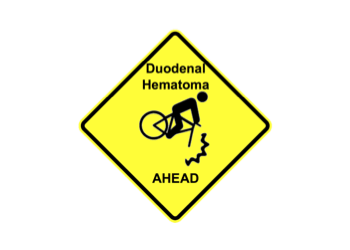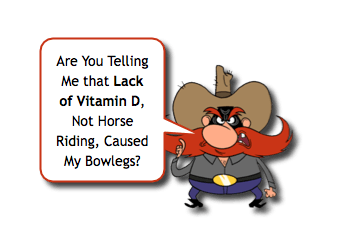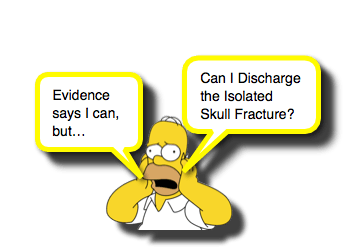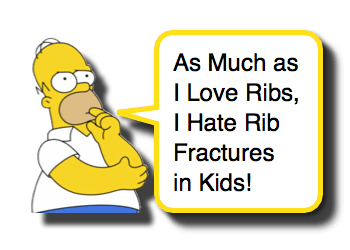Subgaleal Hematoma from Hair Braiding
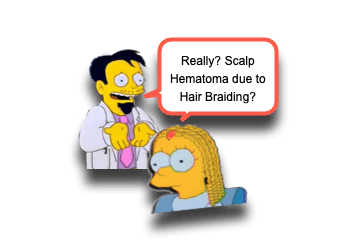
The diversity of complaints and presentations in the ED keeps us on our toes and requires our continued vigilance. It is not uncommon for me to say, “I did not know that that could happen” during a shift. While we…


